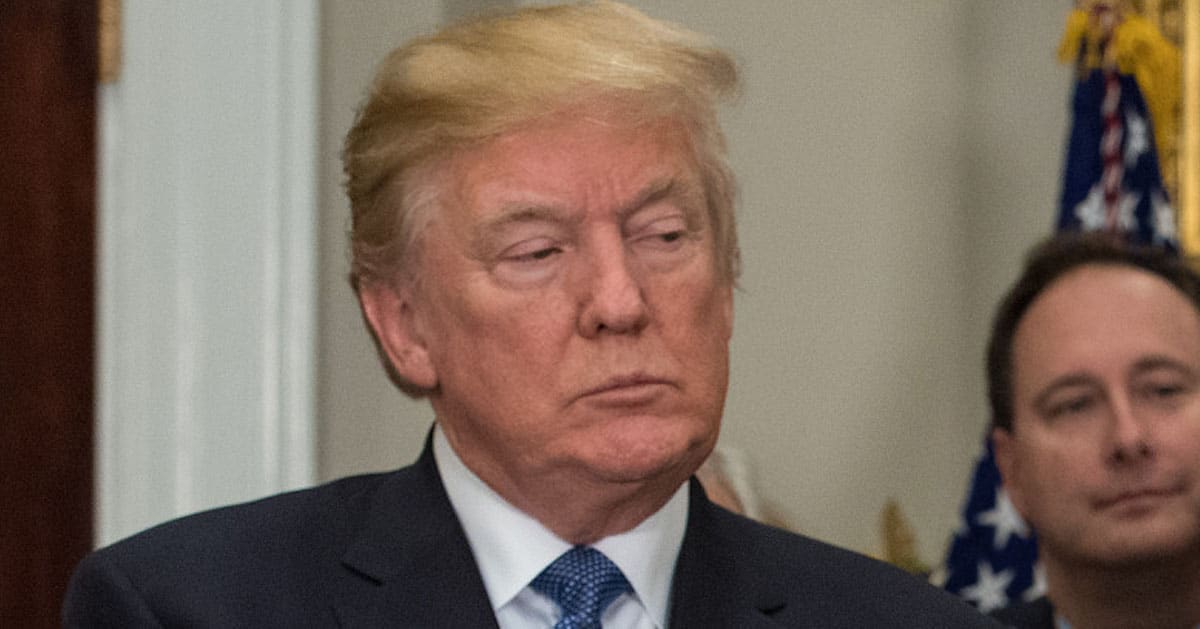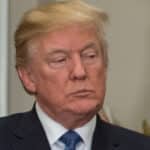



Senate Democrats are showing signs of willingness to evaluate the qualifications of President-elect Donald Trump's Cabinet nominees, marking a potential shift toward bipartisanship in Washington.
Newsmax reported that he decision by some Democrats to consider supporting credible nominees reveals a nuanced approach, highlighting the varied support within the party and underscoring the significance of the upcoming confirmation hearings.
Senate Democrats have indicated an open mind toward Trump's Cabinet picks, emphasizing the importance of a fair evaluation process.
This stance is particularly pertinent for Democratic senators who are vulnerable in the 2026 elections, such as those from Michigan and Georgia.
They recognize the political need to appear bipartisan and cooperative, yet also maintain their party's standards. Jon Ossoff from Georgia and Gary Peters from Michigan have both stated their intent to judge nominees on merit.
The decision by Senate Democrats to remain open indicates a complex calculation, as opposing every nominee outright could harm their credibility, especially when dealing with controversial selections like Pete Hegseth and Kash Patel.
These choices worry various Democrats, but others like Sen. Marco Rubio for secretary of state and Rep. Lori Chavez-DeRemer for secretary of labor are expected to receive cross-party backing.
Sen. Jon Ossoff, reflecting on the diligence required in this process, stated he would offer "good-faith consideration" to nominees, eager to understand how their tenure might benefit Georgia. Such openness appears to aim at fostering bipartisanship without undercutting Democratic principles.
Meanwhile, Sen. Brian Schatz highlighted a willingness to be reasonable when faced with reasonable candidates, preferring selective opposition to blanket refusal.
The Democratic approach signals a contrast to their initial opposition during Trump's first term. Sen. John Fetterman touched on the political reality, noting that certain choices naturally follow when the opposing side wins.
His comment underscores a pragmatic understanding of political norms, while Sen. Richard Blumenthal's concerns about particular nominees represent the ongoing tension.
The inclusion of certain individuals in Trump's list has sparked significant concern among Democrats. Sen. Blumenthal expressed skepticism, labeling some choices as excessively controversial, particularly objecting to Pete Hegseth and Kash Patel for roles such as secretary of defense and head of the FBI, respectively.
Despite these concerns, there remains optimism within the Democratic ranks for smoother confirmations with some nominees, indicative of possible bipartisan collaboration. Rubio and Chavez-DeRemer's anticipated broad support showcases this expectation.
As Democrats navigate this complicated scenario, the challenge lies in balancing cooperation with the incoming administration and upholding party values.
The confirmation process will prove pivotal in defining their stance and strategy moving forward. Compromise remains a key theme, as noted by Sen. Schatz, who articulated a preference for cooperation whenever feasible, but also hinted at the necessity of standing firm when required.
For Democrats, displaying bipartisanship can be politically advantageous, particularly for those seeking reelection in challenging states.
The choice to engage constructively with the nominees, instead of outright opposition, may bolster their standing with moderate voters.
However, the party faces internal divisions regarding the appropriate response to controversial figures. The situation demands careful navigation to maintain cohesion while addressing the divergent views among Senate Democrats.
As the confirmation hearings approach, the stakes are high. The ability to collaborate on agreeable nominations without conceding fundamental principles will be crucial.
Meanwhile, by opening a dialogue with the Trump administration's selections, Democrats may seek to temper more extreme choices through a firm but fair confirmation process.
For some Democrats, particularly those eyeing the 2026 elections, this process offers a platform to demonstrate leadership and diplomacy. Their actions during these confirmations could define their political fate in the coming years, amid a public increasingly weary of partisan gridlock.
While the prospect of supporting Trump's Cabinet picks may seem controversial, it reflects a broader strategy to engage with the political landscape realistically. Democrats aim to select their battles wisely, opposing when necessary, but also building bridges where possible.



